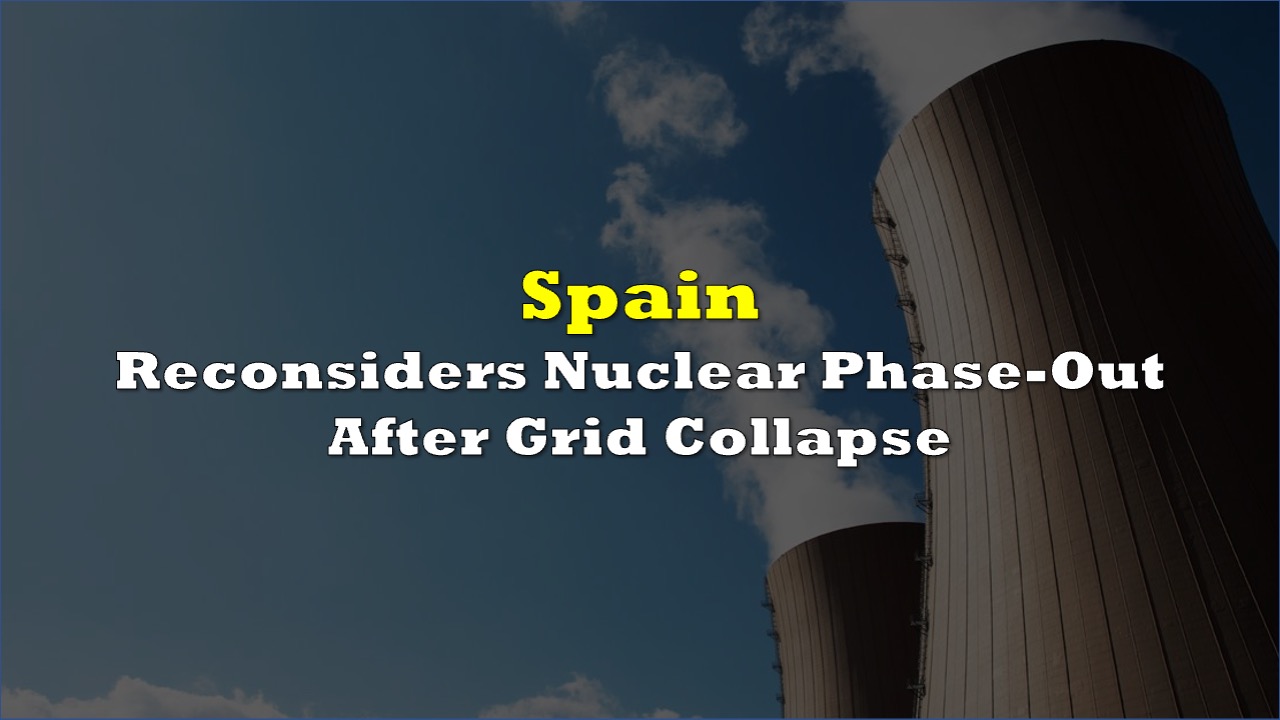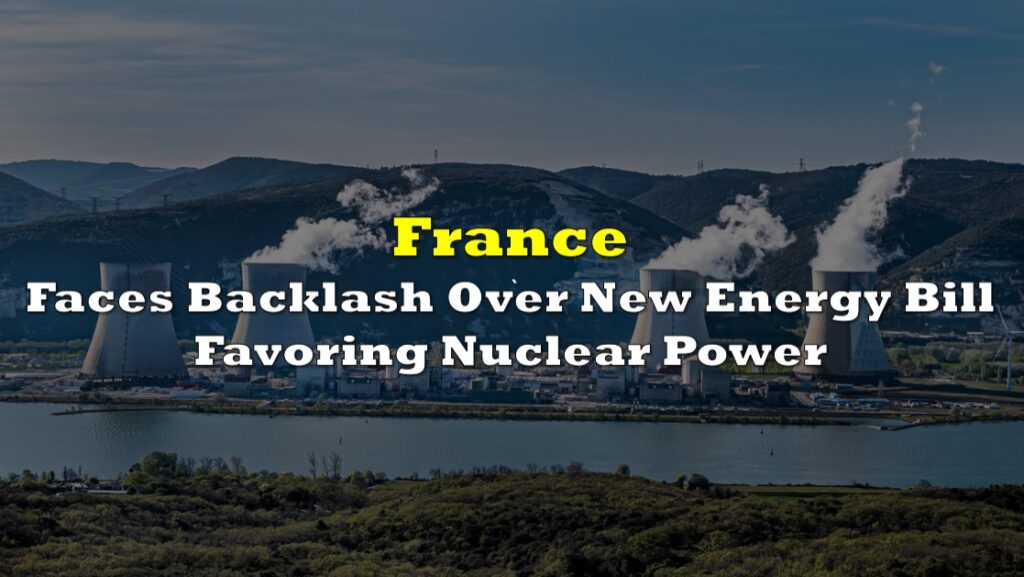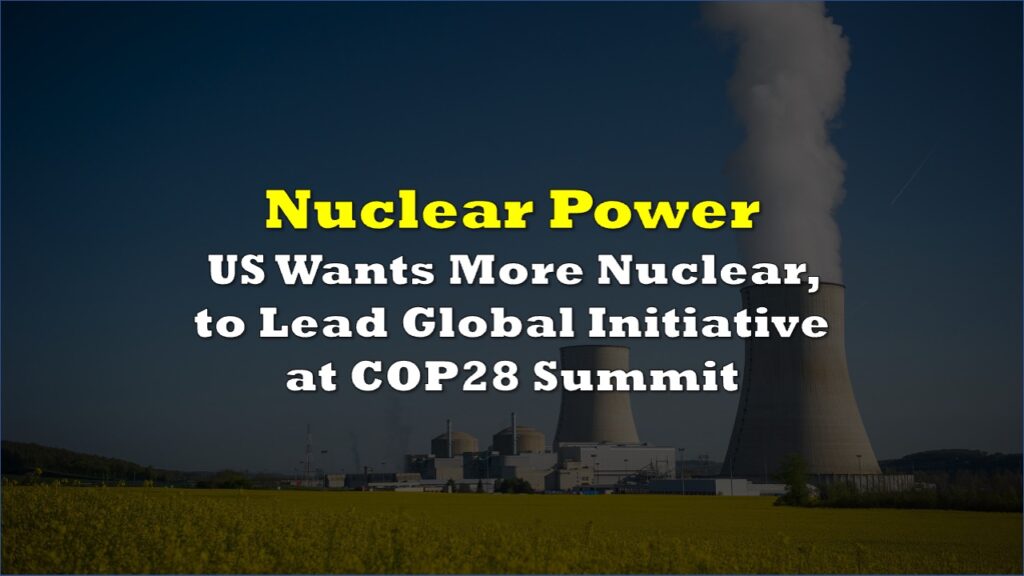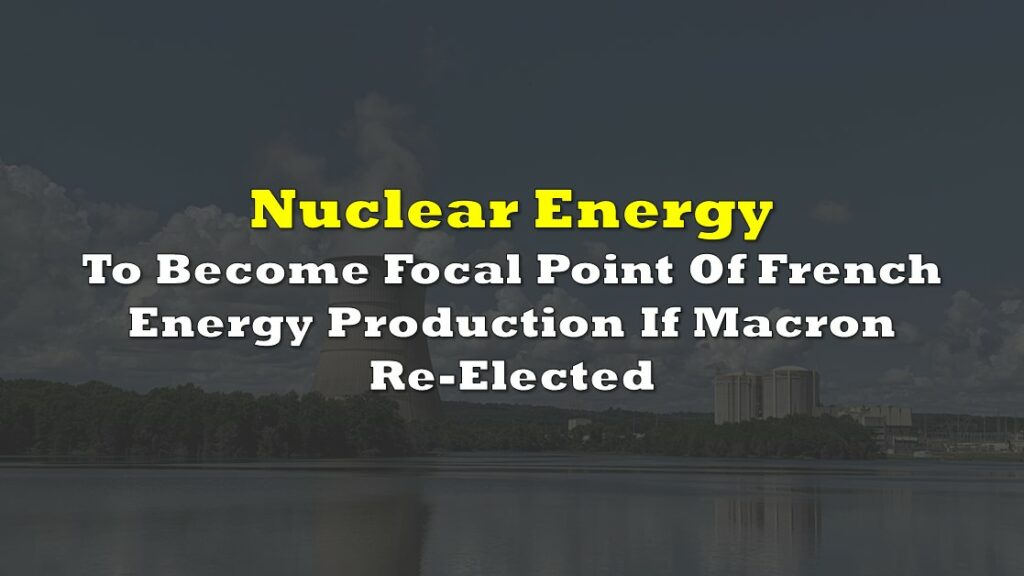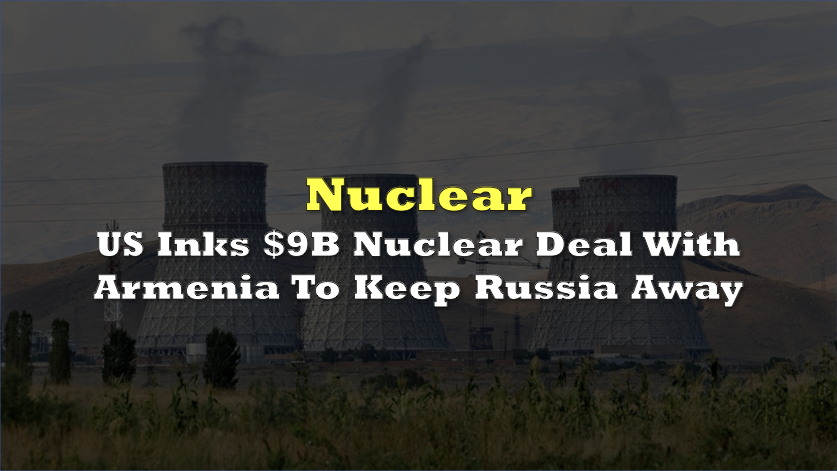Spain is reconsidering its nuclear energy policy following a catastrophic power outage in April that affected the entire Iberian Peninsula. The collapse occurred when power generation suddenly dropped by more than half of operating capacity, destabilizing the interconnection with France and triggering a cascade of system failures.
“It remains unknown why this occurred or why it caused the entire system to collapse so rapidly,” Red Eléctrica, Spain’s grid operator, said after analyzing the incident.
Opposition leader Alberto Núñez Feijóo criticized the government’s energy approach as “enormously ideological” and advocated for reversing the planned nuclear phase-out.
Renewable energy sources dominated Spain’s electricity generation at the time of the failure, with solar providing 55% of power. Technical data shows solar output plummeted from 18 GW to under 5 GW within minutes before the system collapsed.
POST BLACKOUT, SPAIN RECONSIDERING NUCLEAR PHASEOUT
— Mark Nelson (@energybants) May 7, 2025
The owners of Spain's most powerful nuclear plant are meeting tomorrow to decide whether to stop the phaseout by pursuing negotiations with the government.
Spain gets a fifth of its power from nuclear, which also provides… pic.twitter.com/RPUBDMZl7V
Experts attribute the vulnerability to renewable energy’s low inertia compared to conventional power plants.
“[Spain’s] system lacked sufficient backup,” Yolanda Moratilla, Committee on Energy chair at the Engineering Institute of Spain, told the Andalou Agency, advocating that “one-third of the energy system should come from nuclear.”
Spain committed in 2019 to decommission its seven nuclear reactors, though the government “recently indicated that it might reconsider this decision,” according to official statements.
Prime Minister Pedro Sánchez denied connections between the blackout and nuclear policy, despite a 2022 video where he promised “there would be no blackouts” following the phase-out plan. The disruption, which caused a frequency disturbance in the grid, automatically disconnected renewable plants exceeding 2 MW capacity as a safety measure.
Proponents of nuclear energy point to its high inertia, a measure of resistance to frequency changes, as crucial for maintaining grid stability as Spain increases its reliance on intermittent renewable sources.
Information for this story was found via the sources and companies mentioned. The author has no securities or affiliations related to the organizations discussed. Not a recommendation to buy or sell. Always do additional research and consult a professional before purchasing a security. The author holds no licenses.

